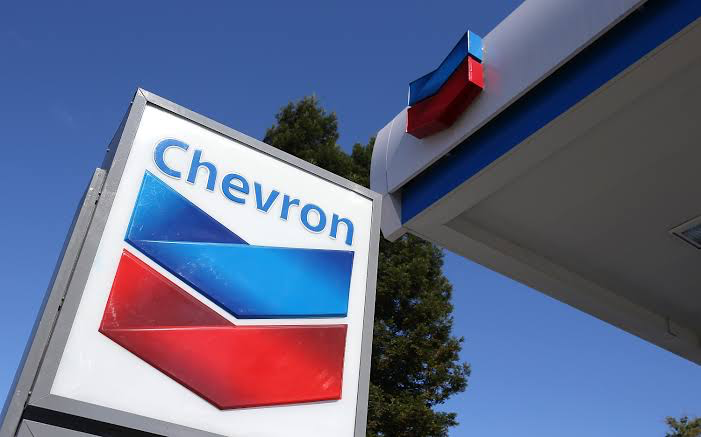Chevron, one of the world’s largest oil and gas companies, announced on Tuesday that it expects to take a massive hit of up to $4 billion in the fourth quarter of 2023. The company blamed the loss on two main factors: the impairment of its U.S. oil and gas production, mainly in California, and the recognition of its obligations to decommission offshore assets in the Gulf of Mexico that it had previously sold.
California’s Regulatory Challenges
Chevron said that the impairment of its California assets was due to the “continuing regulatory challenges” in the state, which have resulted in lower anticipated future investment levels in its business plans.
According to a report by Reuters, the company produces about 75,000 barrels of oil and gas per day in fields in Central California, according to its website.
“California’s policies have made Chevron’s investments in its home state riskier than investing in other states,” Andy Walz, Chevron’s president of Americas products, wrote to state officials in November. “In the past year, we have canceled several projects due to permitting challenges.”
California has been at the forefront of the U.S. energy transition, setting ambitious targets to reduce greenhouse gas emissions and promote renewable energy sources. The state has also imposed stricter regulations on the oil and gas industry, such as banning new hydraulic fracturing permits and requiring more environmental reviews for drilling projects.
Gulf of Mexico’s Decommissioning Costs
The other major factor behind Chevron’s loss was the recognition of its liabilities for the abandonment and decommissioning of wells, pipelines and platforms in the U.S. Gulf of Mexico that it had sold to other companies, such as Fieldwood Energy and others.
The company said that it believes “it is now probable and estimable that a portion of these obligations will revert to the company,” as some of the buyers have filed for bankruptcy or failed to fulfill their contractual obligations. Chevron expects to undertake the decommissioning activities on these assets over the next decade.
The Gulf of Mexico has been a lucrative area for oil and gas exploration and production, but it also entails high costs and risks, especially in the aftermath of the 2010 Deepwater Horizon disaster. As the oil price has fluctuated and the demand for cleaner energy has grown, some companies have decided to divest their offshore assets and focus on more profitable and less carbon-intensive projects.
What It Means for The Future of Oil
Chevron’s announcement reflects the challenges and uncertainties that the oil and gas industry faces in a changing world. The company, along with its peers, has been under pressure from investors, regulators and activists to reduce its environmental impact and align its strategy with the Paris Agreement goals to limit global warming.
Chevron has pledged to cut its greenhouse gas intensity by 35% by 2028, compared to 2016 levels, and to invest more in low-carbon technologies, such as hydrogen, carbon capture and biofuels. However, some critics have argued that these measures are not enough, and that the company should set absolute emission reduction targets and phase out its fossil fuel production.
The company’s CEO, Mike Wirth, has defended Chevron’s approach, saying that it is “anchored in reality” and that oil and gas will remain essential for the global economy for decades to come. He has also said that Chevron is well-positioned to adapt to the energy transition, as it has a diversified portfolio, a strong balance sheet and a disciplined capital allocation.
Chevron’s $4 billion loss may be a sign of the times, as the oil and gas industry faces increasing headwinds and competition from cleaner energy sources. But it may also be an opportunity for the company to rethink its future and embrace the changes that are inevitable and necessary for a more sustainable world.



